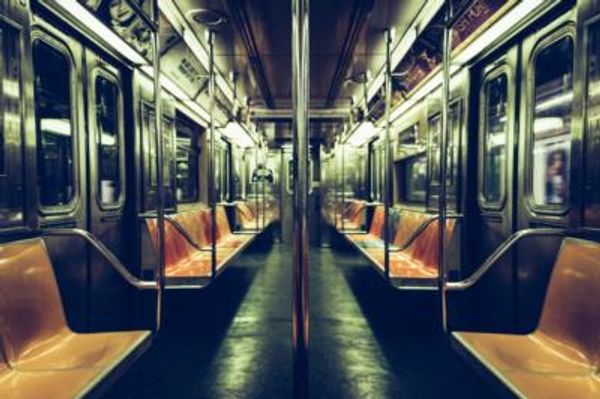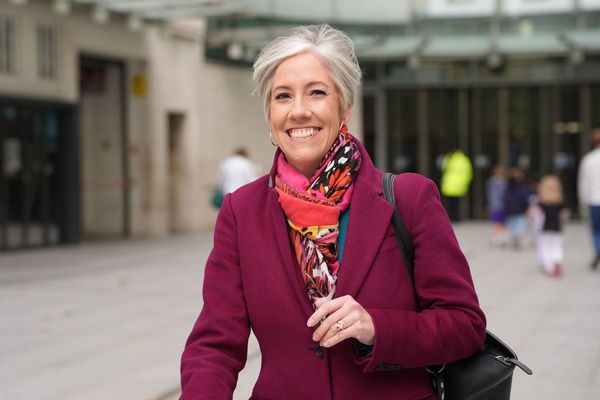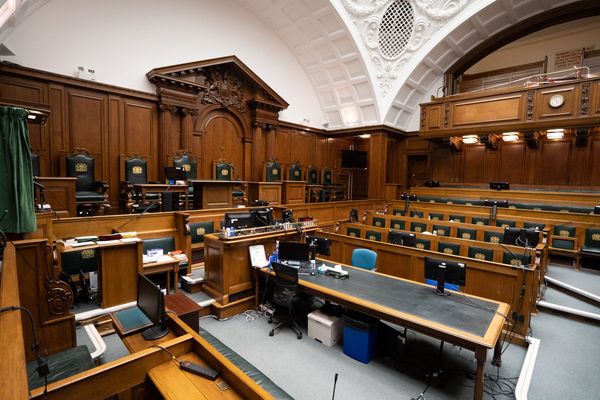
A rapid spike in wages growth could stunt economic growth by pushing up interest rates and inflation, Superannuation Minister Jane Hume says.
The Fair Work Commission should be entrusted to oversee increases in the minimum wage, Senator Hume said, after Labor backed a rise in the minimum wage to keep up with increasing inflation, which is sitting at 5.1 per cent.
“We want to make sure the economy is sustained at a steady growth rate. Too high wage rises would disrupt that,” Senator Hume told the ABC on Wednesday.
“The Fair Work Commission will make its decision based on all sorts of information … that won’t necessarily throw the economy so out of whack that interest rates end up rising and inflation ends up rising as well.”
The Victorian senator maintains the best way to increase wages is to put downwards pressure on the unemployment rate, leading to businesses offering more to retain and attract workers.
“When there is low unemployment, employers think differently,” she said.
“Around a million people just in the last couple of months of last year, changed jobs and they changed jobs for a pay increase of somewhere between eight and 10 per cent. That only happens when unemployment is exceptionally low.”
With 10 days until polling day on May 21, the parties are tightening their election pitches.
Labor leader Anthony Albanese says a minimum wage increase, a pay rise for aged care workers and reforming child care to boost women’s workplace participation will be part of Labor’s plan to tackle the cost of living.
Mr Albanese told the ABC’s 7.30 program on Tuesday night stagnant wages in light of increasing costs of living was “untenable”.
“The idea that people who are doing it really tough at the moment should have a further cut in their cost of living is, in my view, simply untenable,” he said.
Mr Albanese said Labor’s increased childcare support would encourage more women back into the workforce, leading to more economy growth.
“It’s not welfare. It’s not about (child care) going on the government tab. What it’s about is growing the economy,” he said.
“We need to encourage the full economic participation of women. Women workers are underutilised, undervalued at the moment.”
Prime Minister Scott Morrison will on Wednesday announce a $50 million election commitment to develop new technology for the energy sector.
The investment would create a new business and research partnership between the University of NSW and the University of Newcastle.
The two universities will work with 27 industry partners in the Hunter and Sydney regions to develop new solar, hydrogen, storage and green metals technology.
The partnership is expected to create 1600 new jobs in the next four years, and the universities and industry collaborators will co-invest more than $220 million.
Mr Morrison said the announcement was for clean energy technology to “turbo charge” existing investments in hydrogen and create jobs around Australia, particularly in the Hunter.
As the election draws nearer, new polling shows Labor sitting comfortably ahead of the Liberal-National coalition.
The Roy Morgan poll shows the ALP has a lead of nine percentage points from the coalition on a two-party preferred basis.
The ALP is up 0.5 per cent from a week ago, with a 54.5 per cent lead to the coalition’s 45.5 per cent.
If an election was held now, Treasurer Josh Frydenberg would lose his Melbourne blue ribbon seat of Kooyong to Independent Monique Ryan, according to a YouGov poll commissioned by The Australian.
The poll shows the treasurer is trailing behind Dr Ryan 47 per cent to 53 per cent on a two party preferred basis.
Liberal Tim Wilson would narrowly lose his Melbourne seat of Goldstein to Independent Zoe Daniel but, the polling shows, the Liberals would retain Wentworth, North Sydney and McKeller in NSW.
The third and final leaders debate will be hosted by the Seven Network on Wednesday night.







